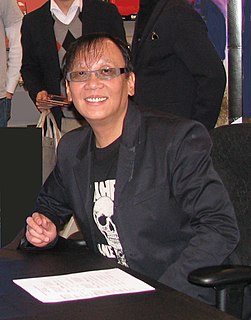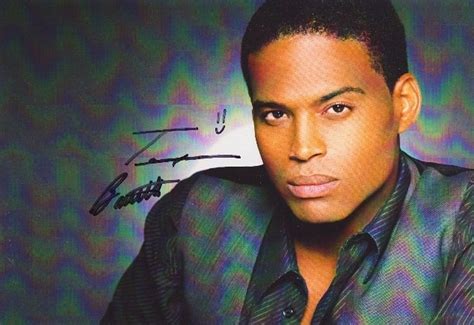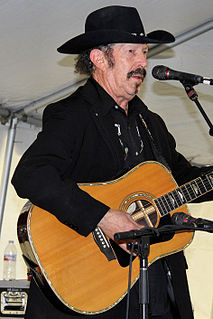A Quote by Yuji Horii
In Japan, there's a TV series called Jin. It deals with time travel. I like stories about time travel. It's a story about people living in modern day that travel back to the Edo era. Those things really interest me.
Related Quotes
Trust me: you make a movie about time travel, and you know for a fact humans will never travel through time. The paradoxes that come up just from trying to tell a story with time travel really illuminates the fact that it's impossible. It will never happen. We can barely get through a movie that involves time travel.
We travel, initially, to lose ourselves; and we travel, next to find ourselves. We travel to open our hearts and eyes and learn more about the world than our newspapers will accommodate. We travel to bring what little we can, in our ignorance and knowledge, to those parts of the globe whose riches are differently dispersed. And we travel, in essence, to become young fools again- to slow time down and get taken in, and fall in love once more.
There's no neutral language about travel. Either travel is described in ways that make it sound kind of shallow or just glossy or silly or a way for rich people to spend their time; or else travel is often described in quite derogatory ways, you know, like immigrants swarming across borders, for instance.







































